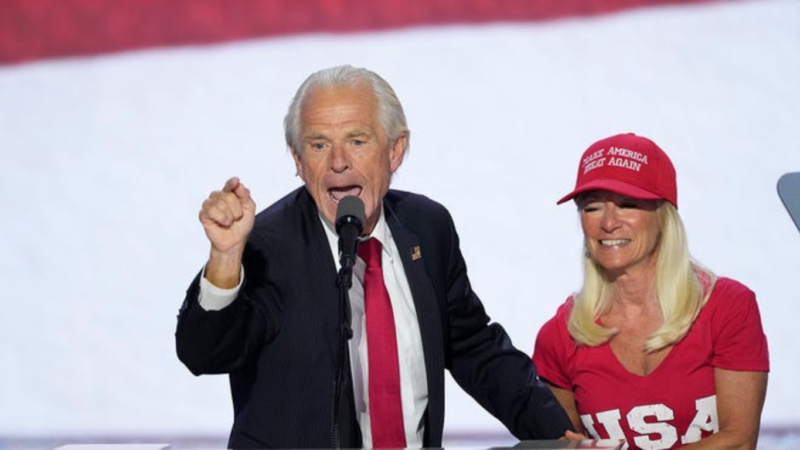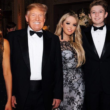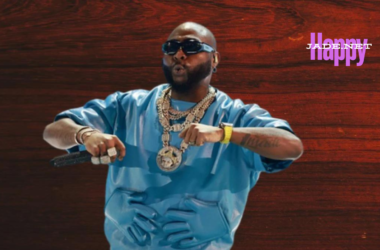Peter Navarro, once a prominent figure in the Trump administration known for his aggressive trade policies, has recently faced significant legal challenges. As of the latest updates, Peter Navarro has not been released from federal prison, where he is serving a sentence related to charges of contempt of Congress. This article details the events leading to his incarceration, the legal proceedings, and the broader implications of his case.
Background and Initial Charges
Peter Navarro was charged with contempt of Congress after he defied a subpoena from the House January 6th Committee. This committee was tasked with investigating the January 6, 2021, attack on the U.S. Capitol, a pivotal event that sought to overturn the results of the 2020 presidential election. Navarro, citing executive privilege, refused to comply with the subpoena that demanded his testimony and relevant documents.
Legal Proceedings and Conviction
Navarro’s legal defense centered around the claim of executive privilege, which he argued was invoked by former President Donald Trump. He contended that this privilege protected him from being compelled to provide testimony or documents to the committee. However, the courts found these claims insufficient and unconvincing, leading to Navarro’s conviction on two counts of contempt of Congress in September 2023.
Sentencing and Incarceration
Following his conviction, Peter Navarro was sentenced to four months in federal prison. He began serving his sentence on March 19, 2024, at the Federal Correctional Institution in Miami. Efforts by his legal team to delay his sentence pending appeal were unsuccessful, as both the appellate and the Supreme Court rejected these motions, finding no substantial legal questions that would warrant his release.
The Assertion of Executive Privilege
One of the key legal battles in Navarro’s case was the validity of the executive privilege claim. The courts ultimately rejected Navarro’s defense, noting a lack of explicit evidence that Trump had directly invoked such privilege in this instance. The Justice Department argued that Navarro’s actions did not meet the criteria necessary for invoking executive privilege, particularly since there was no official indication from Trump regarding such a declaration.
Implications and Reactions
Peter Navarro’s imprisonment marks a significant precedent regarding the enforcement of congressional subpoenas and the limits of executive privilege. It underscores the judiciary’s stance on upholding the rule of law and the importance of compliance with legal mandates from congressional investigations.
The case has elicited varied reactions across the political landscape. Supporters of Navarro argue that his legal troubles are a result of political persecution, aimed at penalizing his loyalty to Trump. Opponents, however, believe that the conviction is a justified enforcement of legal standards and congressional authority.
Current Status and Outlook
As of now, Peter Navarro remains in prison, with his case serving as a potent reminder of the legal and ethical boundaries applicable to government officials. His experience is a cautionary tale for other officials about the consequences of flouting legal orders and the robust nature of legislative oversight in the United States.
Conclusion
The case of Peter Navarro is more than just a legal battle; it is a pivotal moment that tests the principles of executive power and congressional oversight. As Navarro serves his sentence, the implications of his conviction continue to resonate, offering a stark illustration of the consequences faced by those in power who disregard the mandates of governance and law.
Disclaimer
This article provides an overview based on publicly available information regarding Peter Navarro’s legal situation and should not be considered as legal advice. Readers are encouraged to consult professional legal experts or detailed sources for more comprehensive insights into this case.








